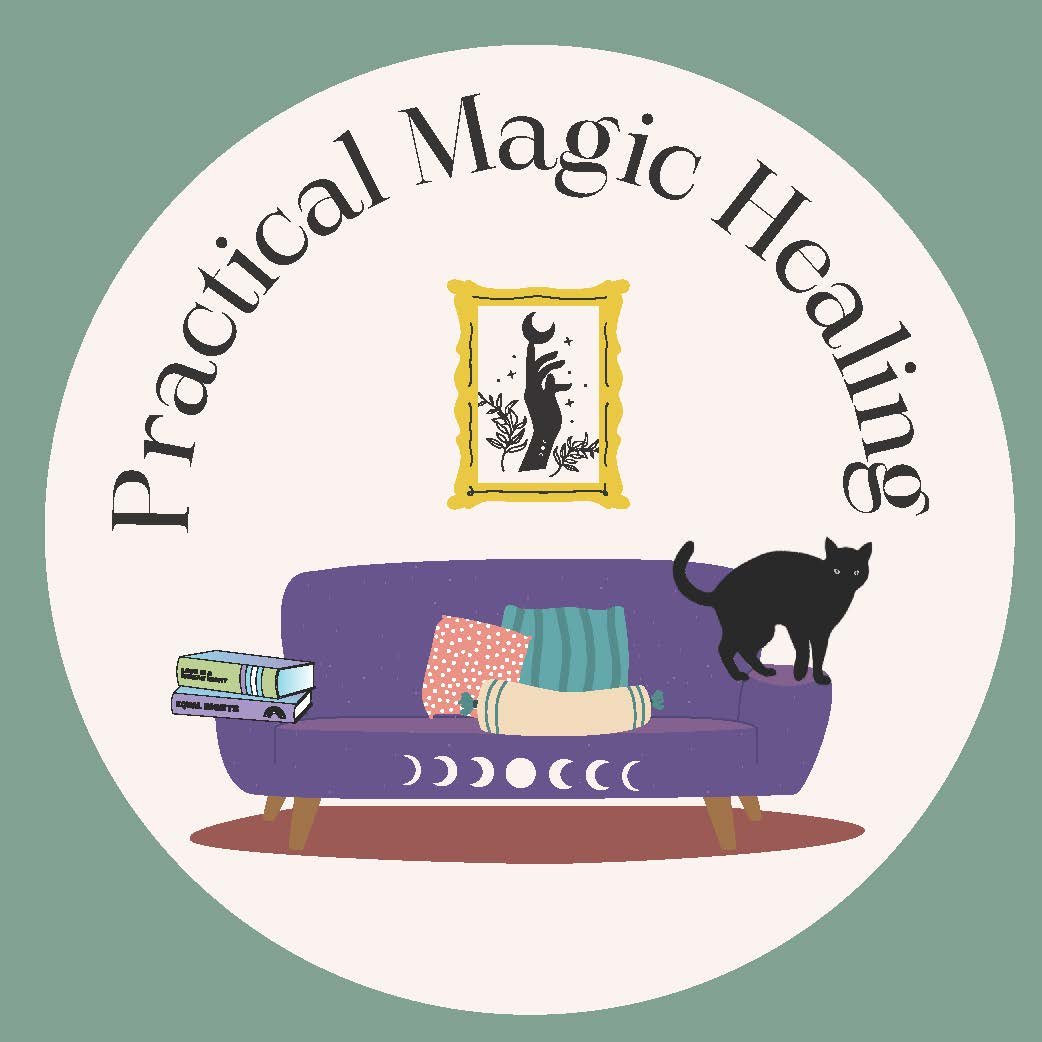by Finlay Sarafa McHale, MSW
Taking care of ourselves can be difficult. Sometimes, the struggle is with interoception and our own lack of awareness of what is going on within our bodies. Sometimes, it’s the constant grating drive of the late-stage capitalist hell trying to machine us into ever smaller pieces of ourselves. Sometimes, it’s the horrors.
Many of us are struggling to engage in the very basics of self-preservation right now: food, sleep, hygiene. At a time when Palestinians in Gaza lack the means to be able to slow down and engage in “self care”, it can feel meaningless to focus on ourselves.
I am writing now about “self-preservation”, the acts that keep us alive and hopefully moving forward, but are much more focused on what we need to do rather than what we want. As an Arab person with my own very recent and long cultural experience of genocide, I find every day of the genocide and occupation of Palestine unpleasant, but the current events in Gaza is horrific. Each glance away from my phone screen is a fight.
My own experiences with genocide have given me unfortunate practice at getting myself through each day while I watch my kin die through a screen. As a result, I have some strategies that help me, which I hope will help others.
Ritualize your self-preservation tasks
Most recently, I did this because I could not remember the last time I had washed my hair. For me as a disabled trans SWANA person, my hair is a big part of my identity but washing, drying, and styling it can be and emotionally and physically involved process. On our way home from a vigil, I remarked to my partner that my hair was straight from how weighed down it was. My partner told me she wanted to do a druidic grief/mourning ritual involving a bath with herbs the next day and suggested I wash my hair after that, which I ended up doing. Ritualizing our tasks can help us overcome the inertia that makes it so difficult and can help it feel relevant to our emotions.
2. Lean into community
For me, this looks like talking to my loved ones, cuddling with my cats, engaging with my culture, and self-reflection. I make food from my culture, listen to our music, read our poetry, write my own, etc. This allows me to draw from a well of strength and resilience beyond myself and feel held by my ancestors’ wisdom. Even if the community and/or culture you are leaning into is within yourself, it is so important to do this. I strongly believe we heal in community, that it is impossible to heal fully in isolation. Even if your community is one other person, that is enough.
3. Participate in Palestinian culture
Genocide is not just the attempted or achieved killing of a group of people; it is the erasure of their cultural existence from the face of the earth. One of the best ways to fight genocide is to help keep the culture alive. Ways you can do this include eating at Palestinian restaurant and/or cooking Palestinian food at home, reading books by Palestinian authors, viewing Palestinian art and movies, listening to Palestinian music, etc. If you are struggling to eat, Palestinian food is a great way to try to meet that need.
For me, this engagement is a way of not only fighting the genocidal erasure of Palestine, but also a way for me to connect with and honor the living and the dead. (Caveat: make sure you are appreciating, not appropriating.)
—
There is no one right way to preserve ourselves while seeing and living through such horrors. These are only a few suggestions that work for me, that help keep me healthy and from feeling guilty about my access to resources. If you would benefit from working with a therapist, healer, or support group, please follow these links. There is no shame in needing extra support when life seems bleak.
The settler colonies at the center of this—the so-called “United States” and “Israel” police their media to show only what make dissenters feel helpless. We are not being shown the massive global movement in favor of Palestine’s freedom, we are not being shown the large amount of people raised as zionists who learned about the occupation and became pro-Palestine, we are not being shown any good ever experienced in the SWANA region. We are powerful, and our self-preservation can help us access that power. If spite against colonizers is what helps to take care of ourselves, that can be enough. This is a long fight, and we need everyone.
